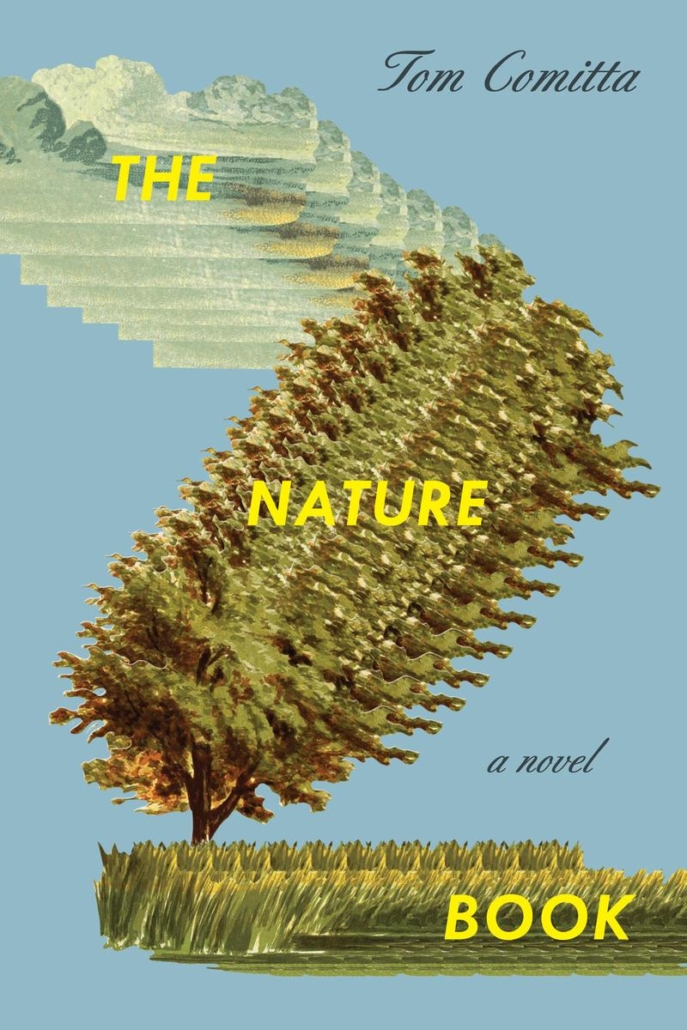COMMA Talk 2022-23
Friday, May 26, 3:00–5:00 p.m.
The Sankey Room, South Hall (second floor)
We invite you to a talk: Professor Caren Irr (Brandeis University):
“Bridging the Metabolic Rift with Tom Comitta’s The Nature Book”

Environmental sociologists have long identified the rise of capitalism with the so-called metabolic rift. This disruption of a sustainable cycle of consumption and production occurs with urbanization and the global redistribution of nutrients and pollutants around centers of human population. After the seismic upheavals of the metabolic rift, high concentrations of waste accumulate, and pre-capitalist routines of renewing the soil, forests, and oceans fall into disarray. To rebalance this unstable situation, John Foster Bellamy, Jason Moore, and others propose a revolutionary reorganization, one that shifts relations of figure and ground. They envision embedding human communities and needs within nature rather than treating nature as a static resource to be plundered for human profit. Dissolving the anthropocentric figure into the ground of nonhuman nature, as it were, becomes the primary formal requirement for an environmentally sustainable future.
While this conception of ecosocialist transition does not lack critics, it has inspired some intriguing positive responses. In particular, Tom Comitta’s The Nature Book (2023) experiments with the reversal of figure/ground relations. A cut-up comprised solely of descriptions of nonhuman nature drawn from the Anglophone literary canon, Comitta’s work reveals the aesthetic benefits of working within Oulipo-style formal constraints. Their narrative (which more closely resembles conceptual art than a novel) challenges the reader’s capacity for discovering new varieties of ecosocialist pleasure. Through active peripheralization of representations of human figures and their effects, Comitta’s project enlivens readerly encounters with the “ground.” In so doing, it provides training in the cognitive and perceptual skills needed to bridge the metabolic rift. Comitta’s self-styled “supercut” or archive of found language brings to literature some of the benefits of an aesthetics of slowness in other media (most notably, slow cinema). Together, these ecologically minded art forms call into being partial subjects oriented toward a sustainable post-capitalist future.Professor Caren Irr, Kaiserman Professor in the Humanities at Brandeis, is the author of Towards the Geopolitical Novel: U.S. Fiction in the 21st Century (Columbia 2014), Pink Pirates: Contemporary American Writers and Copywright (Iowa, 2012), the editor of Life in Plastic: Artistic Responses to Petromodernity (Minnesota 2021) and the co-editor of many others, including Minima Moralia in the 21st Century: Fascism, Work, Ecology (Bloomsbury, 2021) and of Rethinking the Frankfurt School (SUNY, 2002) and of On Jameson (SUNY, 2005).
